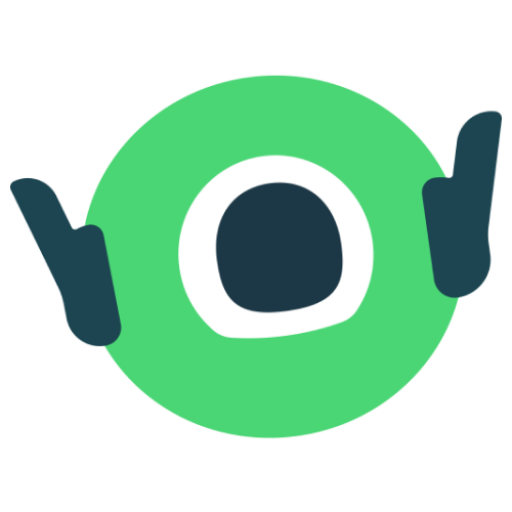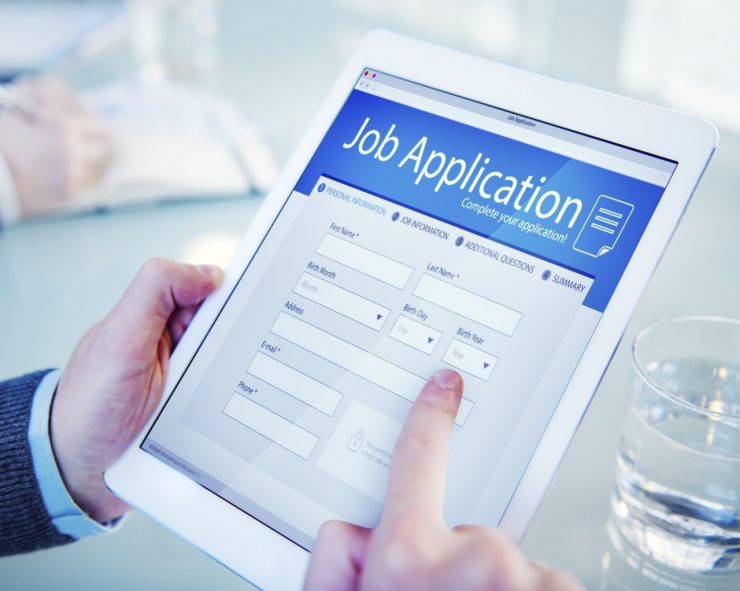I moved to Silicon Valley last year with the aim of finding a job at a high impact and high growth company. Knowing how talented the market is here, I was ready to face some challenges – I soon discovered that the challenges far exceeded my expectations. After a year of utilizing traditional tactics with dozens of companies and getting nowhere, I realized it was time to shift gears, so I used my skills as a marketer to create a campaign that would get the attention of recruiters and hiring managers.
As the campaign reached a global audience, I finally had the opportunity to speak with companies I had been eyeing for so long. It was an odd shift from not getting any responses to my applications to suddenly having several interviews lined up in a day. Even more unusual was the fact that though I have interviewed dozens of candidates in recent years, I haven’t been interviewed for a job since I was a fresh grad, and it’s a completely different experience depending on which side of the table you’re on.
After two months of conversations with companies in a wide variety of verticals, there are some basic takeaways that I’m sharing with the aim of helping other candidates prepare for their interviews.
Prepare Your Digital Profile
A few years ago I was invited to give a university lecture about how to manage your personal brand in the digital age. While most of the data I presented there is outdated now, the key message is the same: most companies will search for information about you to get an idea of who you are beyond your resume.
- Search for yourself online and see what’s out there.
- Think from the company’s point of view and how the content will come across.
- Are there any changes you need to make to any of the content?
Prepare Your Story
When I worked in public relations, a part of my job was to think of what questions the press might ask around a specific campaign and to prepare the research for the answers in advance. The idea wasn’t to have well rehearsed talking points, but rather to make sure that whatever the question, the response would lead back to one unified story.
The same holds true for job interviews.
- Define the overall story of your career and where you would like it to lead to. (By way of full disclosure, I’ve never had an answer to the question “Where do you see yourself in 5 years?” But I do know that I want to constantly be exploring and experimenting and to be doing cool things along the way. So while I might not have an answer to that question, I do have the story around it, which is what’s important).
- Predict some of the questions that you might be asked and take the time to write the answers down in advance. As you progress through interviews, revisit the answers and note how they change.
- Write down your proof points that would support each answer. This should be based on work you’ve already done and what you’ve already accomplished and how that ties into your overall story.
Take Notes
Taking notes during an interview has multiple benefits. First, it conveys the message that you’re paying attention. Second, it gives you the opportunity to write down questions or reminders without interrupting the flow of the conversation. Most importantly, though, the process of writing a few key points every few minutes will force you to reset the pace of the conversation. I know that I have a tendency to speak very quickly when I get too excited. While enthusiasm for a role or a company is appreciated, if the pace of a conversation goes too quickly, I worry that I’ll loose the extra few seconds I’ll need to form a fully thought through response.
Interview Them
When I arrived to San Francisco, friends told me it would take weeks until I would find an apartment. It took me 3 days, and the reason it was such an efficient process is because I had a checklist of the priorities I would need in an apartment, and a sublist of things I would like but were not necessary. I checked each apartment I found against that list, so it was easy to identifying something I liked when I found it. One year later I’m still very happy with the place I’m in.
Though my job hunt hasn’t been as efficient in time, I believe it’s important to utilize the same approach. Know what you want from the role you’re interviewing for, the team you’ll be working with, and the company. Understand for your own sake what it is that you’re looking for and remember that the interview process is a two way conversation so ask the relevant questions to make sure you see a fit for yourself within the company too.
Overall, one thing I know to be absolutely true, is that it is an emotionally challenging experience no matter where you are in your career. I hope I’ve helped to shed some light on a couple tactics that can make it smoother to navigate. Good luck!
For more insights from the campaign, and to learn how you can apply the lessons to your work, please visit www.nina4airbnb.com/whitepaper






